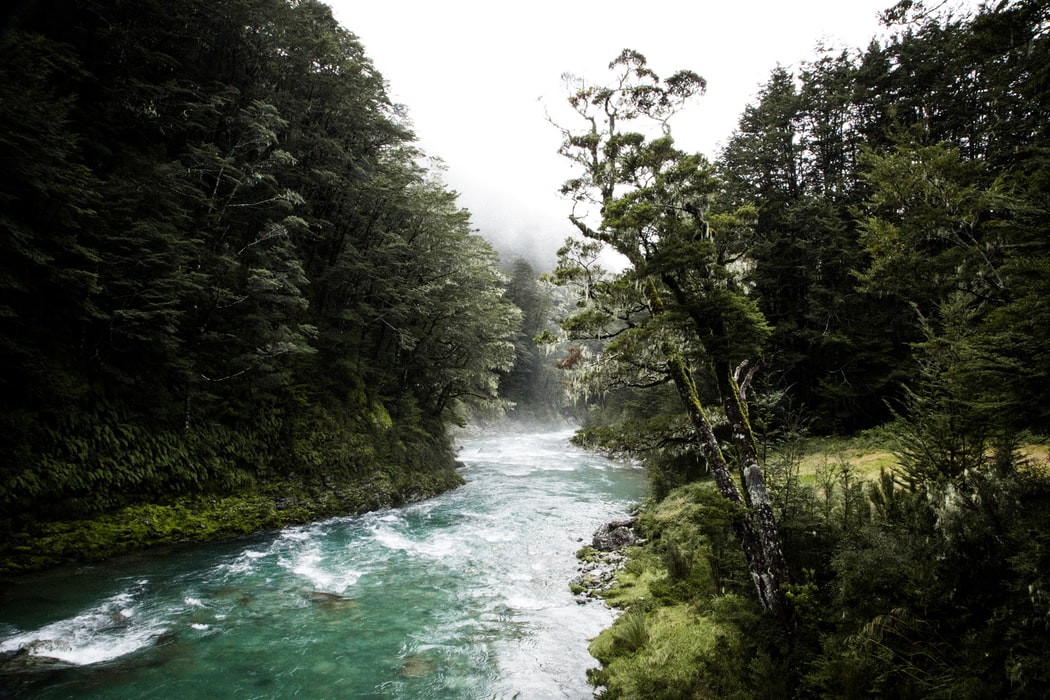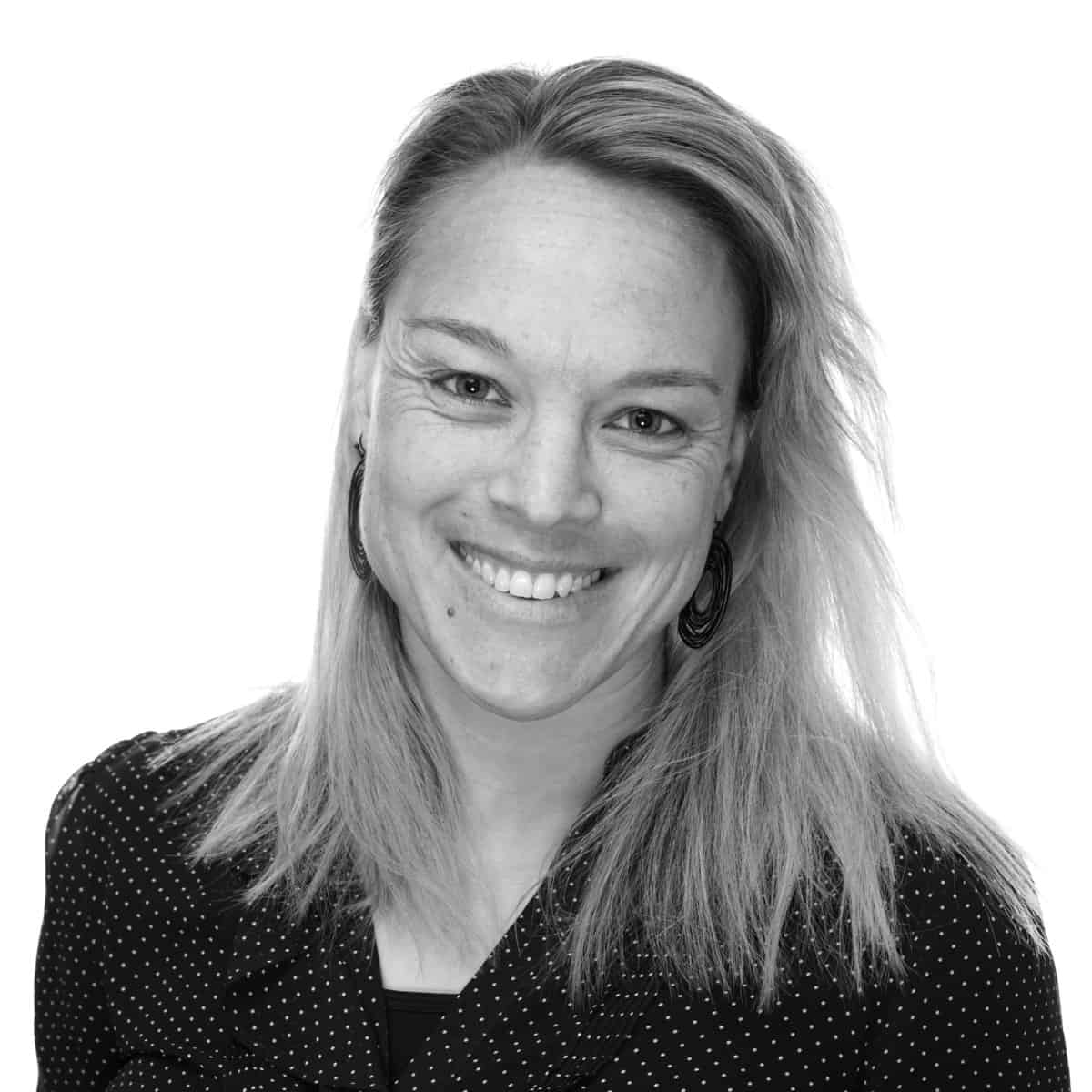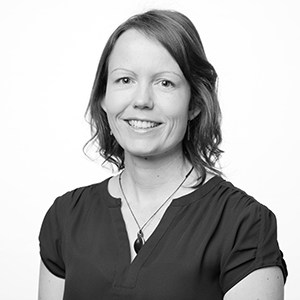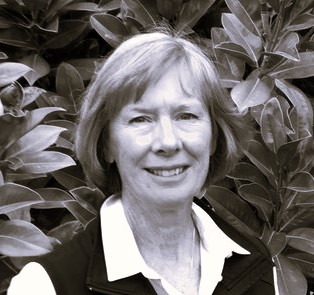


Congratulations to our 2024 Freshwater Champions and special recognition recipients.
Individual/Family Actions
Burke family, Pukekauri Farms
The Burke family prove that enhancing the environment is possible without jeopardising profit. Rick Burke and Jan Loney, more recently joined by John and Debbie Burke, have been improving the health of their 300ha sheep and beef farm, Pukekauri, at Katikati for more than three decades. This has seen them fence waterways, develop eight wetlands, reticulate stock water and reduce grazing area by about 25 percent, using the Tīmata method of retiring farmland into native forest. Freshwater Champion assessors said the Burkes have been proactive in recording and sharing their experience for others to benefit from. Their work has inspired the formation of other local catchment groups in which they play a hands-on role. The Burkes are genuine trailblazers for improving environmental outcomes in farming and can now add the title Freshwater Champions to other accolades they have received over the years.
Te Ao Māori
Professor Huhana Smith
Huhana Smith is an artist, academic and landowner. She seamlessly interweaves her skills and knowledge into being a hands-on kaitiaki of freshwater in her home patch of Kuku, Horowhenua, and across Aotearoa. Huhana and her partner Richard Anderson, have spent 18 years restoring the degrading Waikōkopu Stream that runs through their property. As well as interplanting it with natives, Huhana was part of a group who embarked on the Kuku Biochar Project which has seen the stream’s banks cloaked in a biodegradable weed mat made from hemp and stencilled with a biochar ink pattern. Freshwater Champion assessors noted the alignment between Huhana’s commitment to improving the health of whenua and wai and the wellbeing of people, integrating the concepts of Te Mana o te Wai and Te Mana o te Taiao. They said the Biochar Project is an example of a Te Ao Māori approach because it draws together people, the environment, art and the visual recording of actions for the betterment of all.
Engagement
Mel McColgan
Mel McColgan works tirelessly in both a volunteer and contract capacity to share her knowledge and passion for restoring freshwater environments across the Nelson, Tasman, and Marlborough regions. Her qualifications span conservation, environmental science, iwi environmental management, te reo Māori, and communications. Mel’s mahi focuses on co-ordinating and delivering education programmes for both Whitebait Connection and Tasman Bay Guardians, which have seen thousands of tamariki come to appreciate the importance of freshwater health. Freshwater Champion assessors were impressed by the range of methods she used in the classroom, field, and community to share the kaupapa – anything from cultural health monitoring to Western science to art. Mel’s strong sense of responsibility toward safeguarding freshwater resources for future generations makes her a Freshwater Champion.
Early Impact
Moutere Catchment Group
The Moutere Catchment Group was formed by the community for the community. What started with one landowner, grew to nearly 100 landowners at the time of their first official meeting in 2019. Since then more than 200 community members have planted 500,000 native plants, established four community nurseries, constructed two major wetlands and installed more than 50km of riparian fencing. The Group’s diverse collaborations stood out to the Freshwater Champions assessors who said this enabled them to achieve an appropriate scale of action. Assessors were impressed by the Group’s clearly defined values and objectives, with both short and long-term goals, and excellent record keeping. This has enabled information to be shared widely to demonstrate success and build momentum. Within five years, the Moutere Catchment Group’s motivation to improve their waterways has led to an invaluable template to share with other rural communities.
Established Group
Project Parore
Project Parore is focused on improving freshwater quality and indigenous biodiversity across eight catchments, from hills to the ocean in northern Tauranga Harbour. This group has a solid track record of growth and diversification. Starting in 2004 with pest control, they expanded to include native habitat restoration and waterway protection which grew to catchment-wide land management and restoration activities. Freshwater Champion assessors commended Project Parore’s strategic approach, clear growth mindset, strong relationships, mix of urban and rural restoration activities and collaboration with science and education providers. Project Parore is a shining example of how to organise and grow a multi-catchment entity that will achieve long-lasting results for many generations.
Special Recognition – Innovation
Tararua Plantain Project Team
Project Parore is focused on improving freshwater quality and indigenous biodiversity across eight catchments, from hills to the ocean in northern Tauranga Harbour. This group has a solid track record of growth and diversification. Starting in 2004 with pest control, they expanded to include native habitat restoration and waterway protection which grew to catchment-wide land management and restoration activities. Freshwater Champion assessors commended Project Parore’s strategic approach, clear growth mindset, strong relationships, mix of urban and rural restoration activities and collaboration with science and education providers. Project Parore is a shining example of how to organise and grow a multi-catchment entity that will achieve long-lasting results for many generations.
Special Recognition – Rangatahi
Western Springs College – Ngā Puna o Waiōrea
For more than 10 years, Western Springs College – Ngā Puna o Waiōrea school students, led by teacher Alice Heather, have participated in the Waitītiko awa (Meola Creek) restoration. The awa and bush border the school and form a biodiversity corridor connecting it with the neighbouring Western Springs Park, Auckland Zoo and Museum of Transport and Technology. Initially focused on removing invasive weeds, planting native species and establishing a trap line, their mahi has expanded in the last two years to include planting and maintaining a pā harakeke, water quality testing, removing floodplain rubbish and creating īnanga spawning habitat in collaboration with Whitebait Connection. Last year 270 rangatahi were involved in planting nearly 700 plants and a further 60 were involved in trapping work. Freshwater Champion assessors said the emphasis on engaging and upskilling rangatahi to become “lifelong ecowarriors” was enlightened.
About the 2024 Cawthron Freshwater Champions
This biennial event run by Cawthron Institute is designed to celebrate individuals and communities who are helping to restore and protect the health of Aotearoa New Zealand’s rivers, lakes, wetlands and aquifers. More than 50 nominations were received from across the country, showing a huge range of actions that people are taking to improve the health of freshwaters. A team of five scientists assessed nominations based on the information supplied and other publicly available material to establish five Freshwater Champions and two groups worthy of special recognition.
2024 Assessment Panel
This year’s event will be assessed by the following scientists.
Dr Joanne Clapcott
Kati Doehring
Dr Kiely McFarlane
Dr Roger Young
Dr Jenny Webster-Brown
With thanks to our supportors
A special thanks to everyone who has supported this new event, particularly the NZ Rivers Trust and sponsors Landcare Trust NZ and the National Science Challenge Our Land and Water. And to all those out there putting in the hard yards – keep up the great work. We look forward to celebrating more Freshwater Champions in the future.






